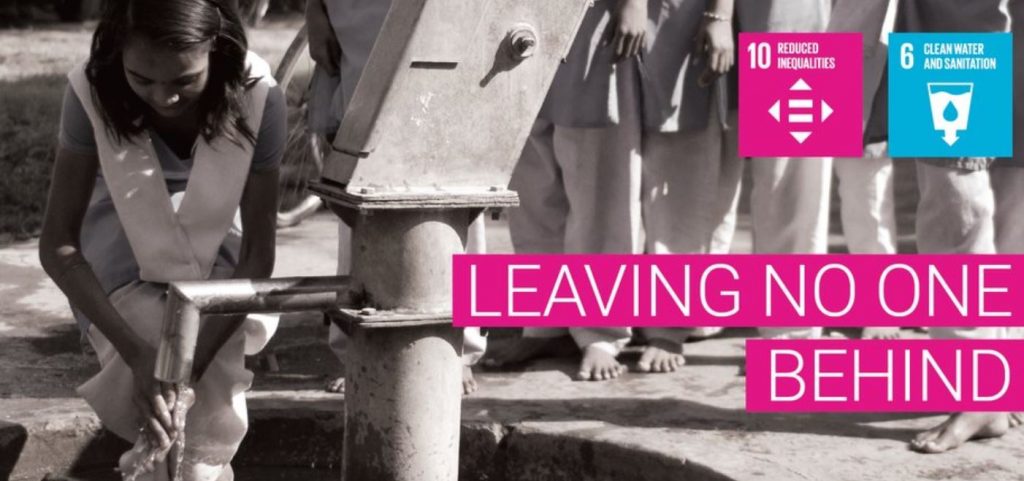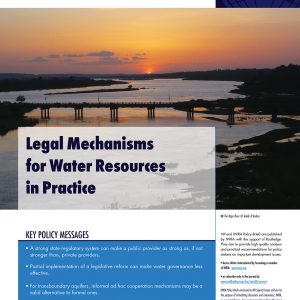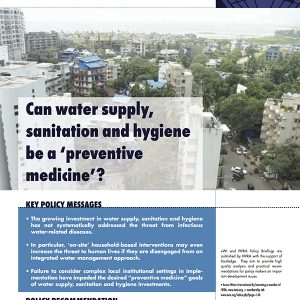Women & Resilience in the Water Sector – 27 May 2020

IWRA’s webinar focused on Women and Resilience in the Water Sector. This 90-minute event took place on Wednesday, May 27th from 15:00 to 16:30 Central European Time.
It featured distinguished panellists with decades of experience, who have risen to high management in national governments and international organisations.
The panel included presentations focusing on the importance of women in taking control of the discussion and debate around the role of women in the water sector. This could include not only their strong voices, but for women to take a more active role in measuring and monitoring. Other panellists looked at the role of women in certain scales of water governance, such as the basin management, and the value of women in building transboundary grassroots action. A key aspect of this is the use, by women, for seeking out ways to improve and leverage up participation. This can include the value of highlighting the importance of women’s activities in global objectives and goals. Finally, the panel explored the relationship between the SDG’s, funding, and issues related to women. They suggested that there was a need to squarely address these issues to expand the engagement on the global scale.
During the poll conducted with the audience, over half of respondents felt that greater interaction and engagement with policy makers would be the best way to raise the stature of women and gender issues.
With over 240 registered attendees, the Women & Resilience in the Water Sector webinar was well attended. IWRA again thanks its panellists for their participation and engagement, namely Kusum Athukorala, Chair, Network of Women Professionals (NetWwater); Hellen Natu, Regional Manager, Nile Basin Discourse; Moripe Nchedi, Chief Director, Global Cooperation, Department of Water and Sanitation of South Africa; and, Lesha Witmer, Steering Committee Member (Advocacy Lead), Women for Water Partnership. It was moderated by Scott McKenzie, PhD Candidate, University of British Columbia.
The presentations of this webinar can be accessed by clicking on the titles below:
- Women’s Coping Mechanisms – and why we need them
- Women and Water in the Time of COVID-19
- Interfacing Core Issues of Resilience in the Water Sector with the situation of Women
- Perspective of a Basin-wide Organisation




